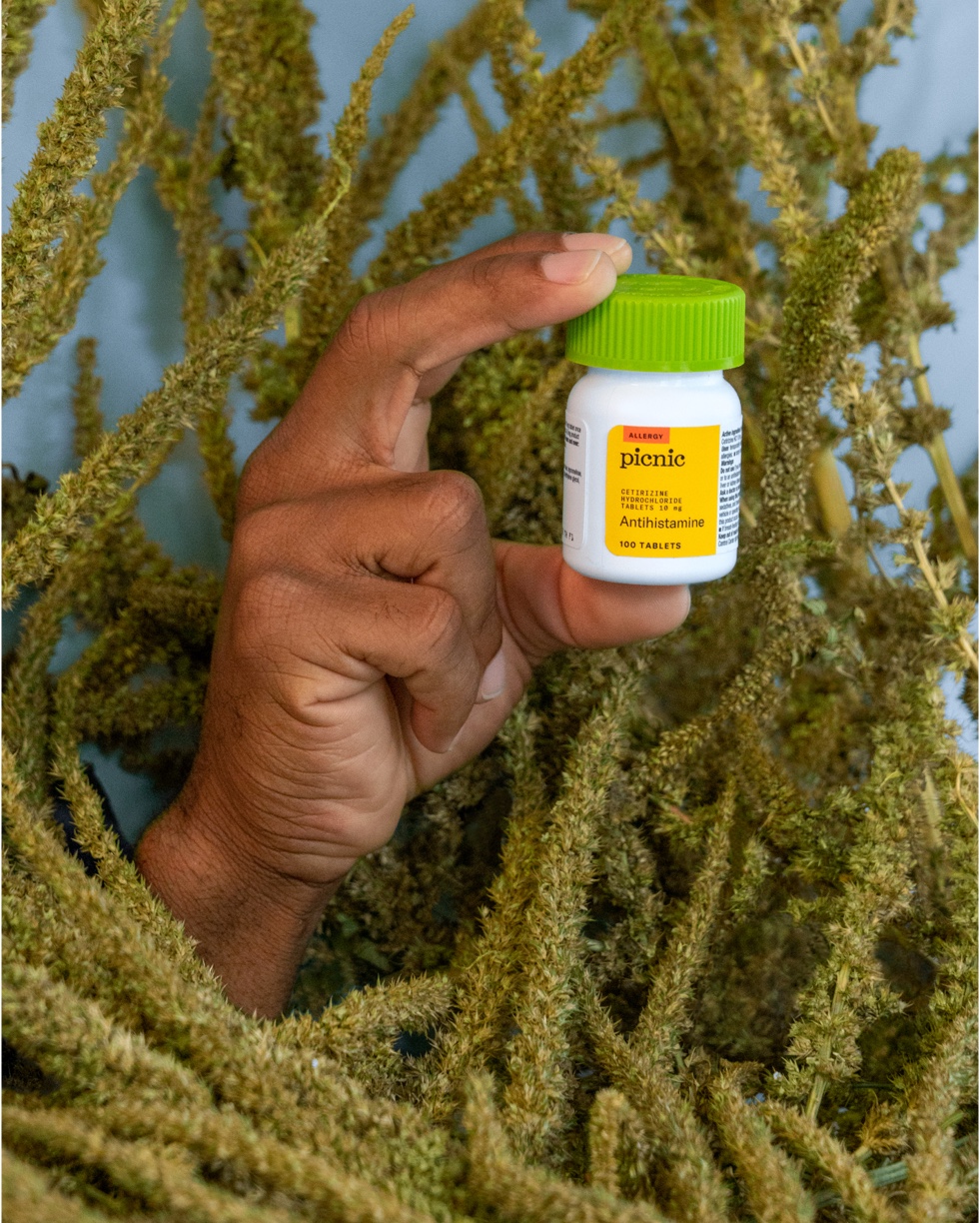
Picnic is not currently accepting new patients..
Over the last two years, Picnic has had the opportunity to help thousands of patients suffering from allergies.
We are not currently accepting new patients. However we know your allergies don't go away just because we're unavailable.
We recommend the following resources to help you find the best possible allergy care:


If you were a Picnic patient and would like a copy of your medical records, please reach out to our Care team at help@picnicallergy.com so we can support the continuity of your ongoing care.
Thank you for trusting us with your care; we wish you the very best.